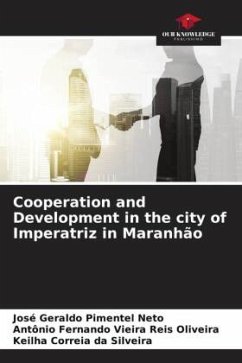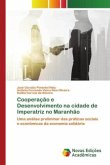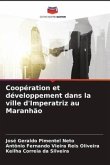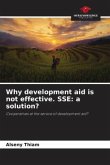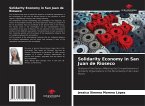In Imperatriz, the second largest city in Maranhão in economic and population terms, it can be seen that the associations and cooperatives have been strengthened due to the economic contractions and the latent productive potential of the region. However, the cooperative models have little visibility and information, from simple data such as the number of cooperatives to the way they operate. This study aims to analyze the social practices of the solidarity economy in the city and, specifically, the social impact caused by the solidarity economy, the relationships within the cooperatives, contextualize the solidarity economy in the region, and verify the development of these practices through a case study. The materials used are of bibliographic origin and field research for data collection of qualitative and quantitative character. The result of this work is a field research applied with the cooperative members to understand their perceptions about the economic model they work with. Therefore, we conclude that the work was successful in briefly analyzing the municipality of Imperatriz and its cooperatives.
Bitte wählen Sie Ihr Anliegen aus.
Rechnungen
Retourenschein anfordern
Bestellstatus
Storno

